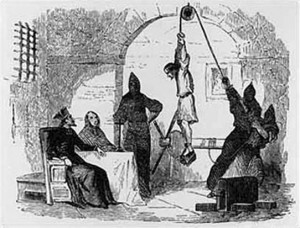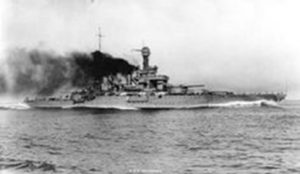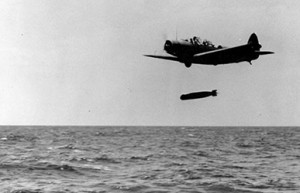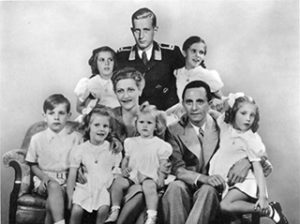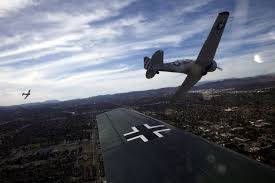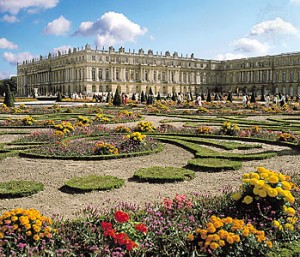The Freemasons
Even today, in predominantly Roman Catholic countries the word Mason, or Francmason or Masonería is taboo in polite society. Spanish people assure you that Masons are only one step better than the Devil, that they have been behind every evil conspiracy, that their presence among politicians spells disaster etc. But in protestant countries Masonry is as acceptable as Methodism, and in England, for example, the Masons finance and manage charitable organisations of the best kind, such as the Royal Masonic Hospitals, schools and universities.
The origins of Freemasonry are mysterious; some kind of continuity exists between guilds of stonemasons, responsible for the building of most of the vast cathedrals to be found everywhere in Europe, and the Masonic lodges of the seventeenth and eighteenth centuries. The process, and the order, continues to the present day, though not so openly in Catholic countries. (more…)




